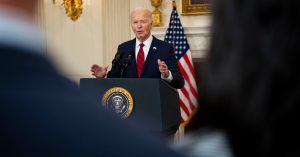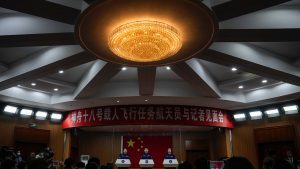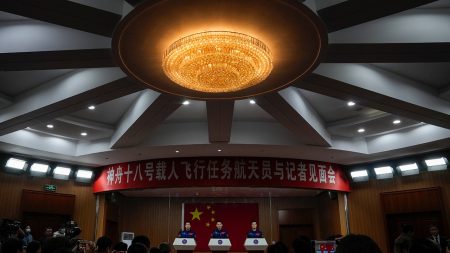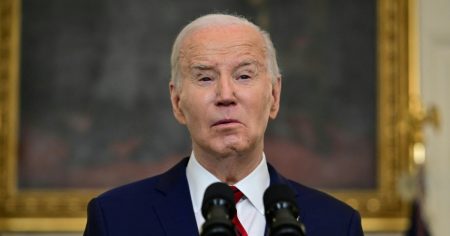Members of the Jewish community are speaking out against Iran’s recent attack on Israel, calling Iranian leaders cowards who hide behind proxies. Aish CEO Rabbi Steven Burg expressed his thoughts on the attack, stating that Iran has been attacking the Western world and Israel for a long time. Although only seven ballistic missiles reached Israeli territory, causing minor damage, Israeli and US forces, along with other allies, shot down the rest. Burg emphasized the shared values between Israel and the United States but also highlighted the need for Israel to respond and that there must be consequences for attacks.
Burg mentioned the disappointment within the Jewish community regarding anti-Israel movements on US campuses and a concerning trend of glorifying terrorists like Osama bin Laden. He emphasized the importance of standing up for freedom and democracy, stating that America and Israel are great countries that should be supported. Despite the recent attacks causing fear and tension in Israel, Burg mentioned that the situation had brought the country together, reinforcing the belief that this is a battle of good versus evil. He expressed his confidence that Israel would not be caught off guard again and cited a strong belief in God’s protection for those living in the Holy Land.
As people in Israel prepare to celebrate Passover, Burg highlighted the significance of the holiday in recognizing the triumph over slavery in Egypt. He reiterated the importance of moral and ethical values in thriving as a nation. Despite facing centuries of oppression and attacks, Burg expressed a sense of unity and resilience among the people of Israel. He emphasized that despite continued attacks on Jews, God would protect them and ensure their survival.
Burg called for a strong stand against Iran’s oppressive government, stating that the people of Iran desire freedom and the opportunity to express themselves. He expressed hope for a change in leadership in Iran, where the people could create peace with the rest of the world. Burg’s message conveyed a sense of determination and faith in the face of adversity, and he emphasized the importance of standing up for freedom and democracy. In the midst of ongoing attacks and threats, Burg stressed the resilience of the Jewish community and their belief in God’s protection.















